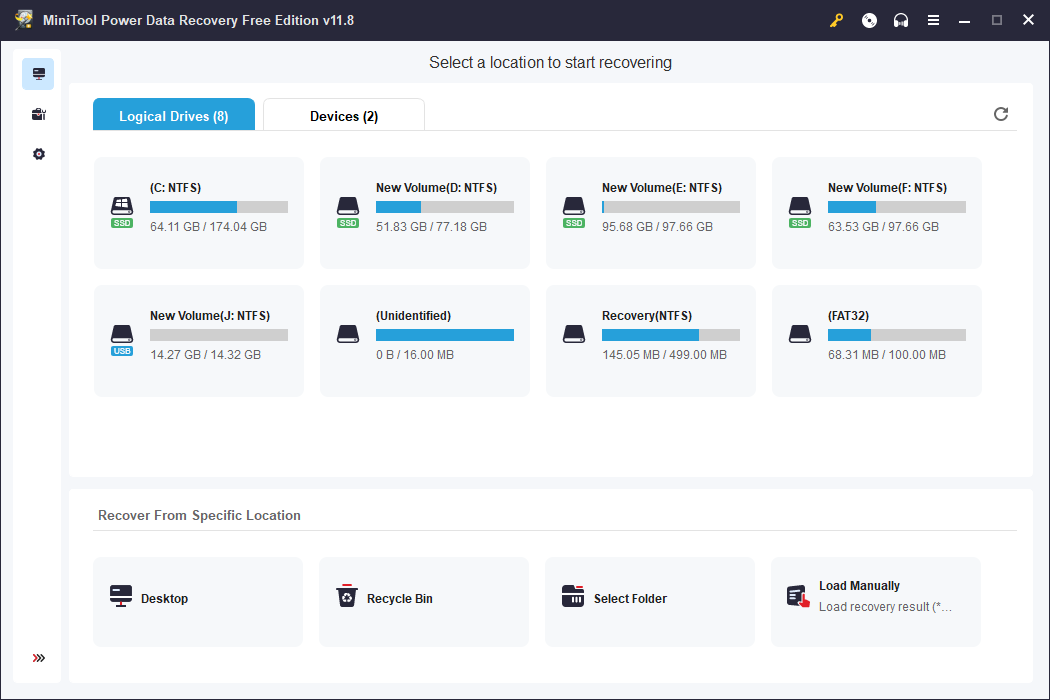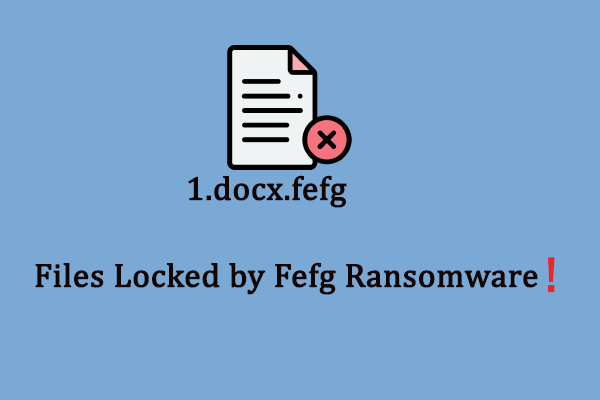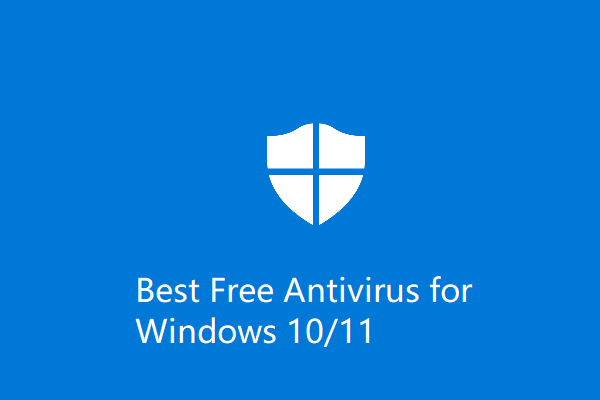Antivirus software is an essential part of protecting digital data in daily device use. However, installing an antivirus tool is not foolproof. Malware and viruses are created and spread by cyber criminals constantly. People choose trusted antivirus software to safeguard their computers but is it 100% security? Can antivirus be hacked? Should you need any other measures to protect personal and sensitive data?
Can Hackers Get Through Antivirus
It is acknowledged that antivirus programs do make achievements in identifying and blocking a variety of viruses and malware. Whether the antivirus gets hacked depends on the software’s functions.
As we explained before, numerous viruses are created every day. If a new virus or malware attacks your computer, it is possible to sneak off the antivirus program’s detective. Then, your data on the computer is at risk of being stolen or damaged.
There are plenty of types of hacking. You can read the following content to get specific information for future prevention.
- Malware: Malware is the most common method for hackers, such as shortcut viruses, worms, trojan horses, ransomware, etc. These viruses may turn your files into shortcuts, lock important files, steal information, or do other damage to data.
- Phishing: Phishing is a fraudulent communication technique. Hackers pretend to be your acquaintance and communicate with you. To steal your information with this method, you need to click a link or input your account and password. Afterward, they will get your account information.
- SQL injection: SQL injection is usually used to attack a server that stores data in the SQL programming language. By altering the underlying code of the website, sensitive information that is protected by the website may be leaked out.
- Credential reuse: Hackers know that most people tend to use the same password for their different accounts. Hence, when they get all the information of one account, hackers can use the same password to try to log into other accounts.
- Etc.
How to Prevent Hacking on an Antivirus
You may ask how to prevent hacking if an antivirus tool is not as reliable as you imagine. Here are several tips for you.
- Use multi-layered approaches: In addition to using antivirus software, you should also consider a firewall. Windows contains built-in firewalls to protect your data away from the external world. Besides, you can choose a third-party firewall developed by a reliable and reputable company.
- Use complex passwords: You are advised to use different passwords for different accounts and ensure these passwords are complex. Hence, hackers can’t easily guess out your password and reuse one password on different accounts.
- Ignore skeptical links: Do not click on spam links or prompted advertisements on public or untrusted websites. Hackers may hide viruses underlying these links. After clicking, you give them access to your device.
- Periodically scan your device: You should also run antivirus software to scan the device. It can find known viruses in time.
How to Recover Data Lost by Virus Attack
If your device is unfortunately infected by viruses, you should remove the virus with reliable software or seek help from professionals. After that, you need to check if your crucial files are deleted by the virus. If yes, recover the lost files immediately to ensure the highest rate of successful data recovery.
MiniTool Power Data Recovery is an optimal choice for retrieving files with its powerful functions and security data recovery environment. This free data recovery software can recover files lost due to human error, virus infections, device crashes, etc. You can get MiniTool Power Data Recovery Free to scan and find the desired items.
MiniTool Power Data Recovery FreeClick to Download100%Clean & Safe

Final Words
You should know the answers to questions after reading this post, for instance, can antivirus be hacked, or how to prevent hacking on an antivirus? Additionally, remember to check data after virus attacks and use MiniTool Power Data Recovery to get files back if necessary.


